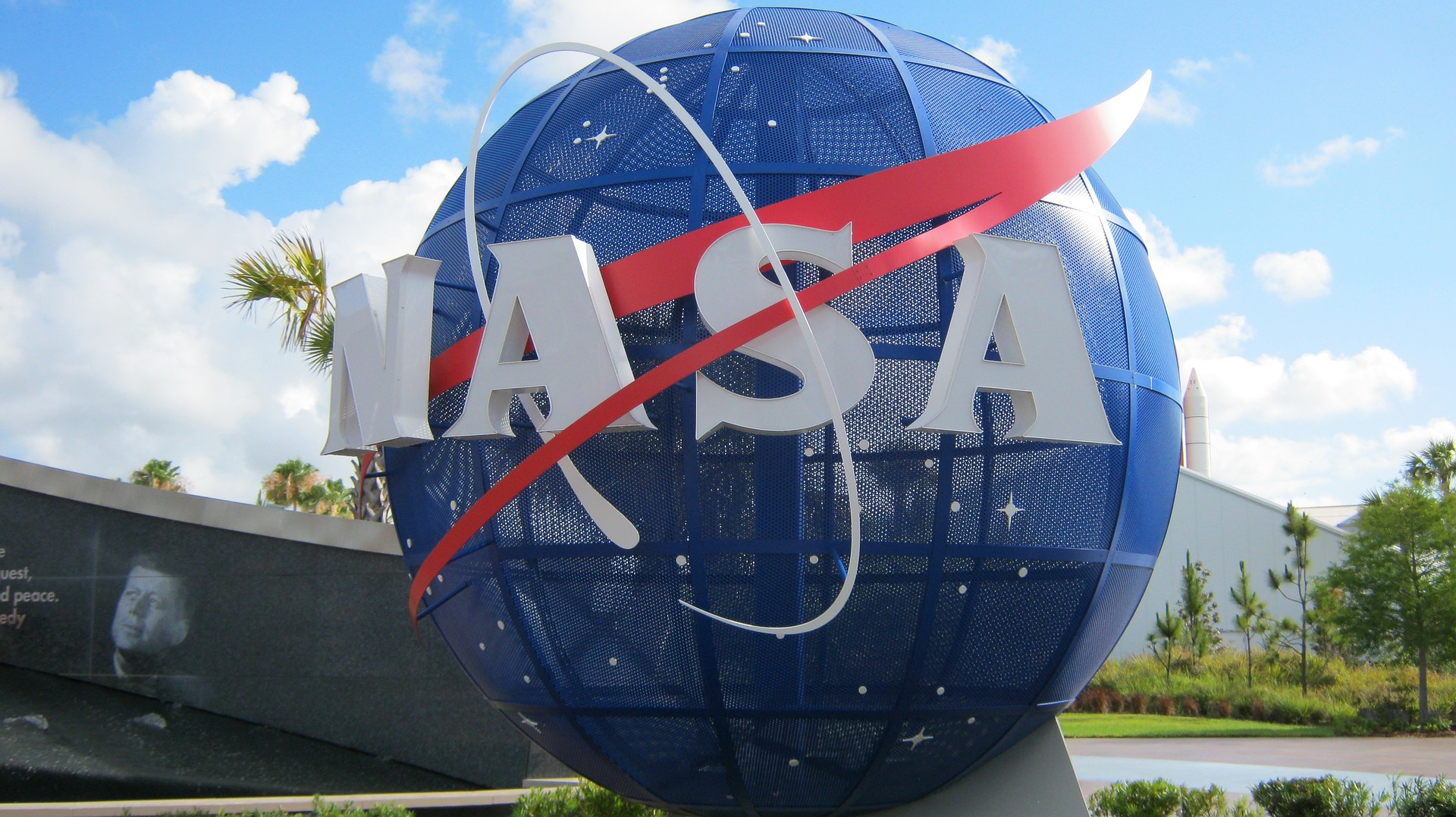Frankfurt, Germany – At Fi Europe 2024, taking place from November 19-21 at Messe Frankfurt, NASA researcher Dr. Lynn Rothschild will share cutting-edge insights from the Space Food Systems Laboratory—a key division of NASA dedicated to pioneering sustainable and resource-efficient food technologies. These innovations, originally designed for long-duration space missions, are now inspiring food innovators to explore new, more sustainable solutions for the Earth-based food industry.
As global food systems face increasing pressures from climate change, population growth, and resource depletion, NASA’s space-driven biotech research is helping to pave the way for the next generation of sustainable food production technologies. By applying biotechnology, synthetic biology, and microbial research—fields advanced for space exploration—NASA is not just looking to support astronauts on Mars, but is also providing transformative solutions for food security here on Earth.
Space-Driven Biotech: From Space Missions to Food Solutions
NASA’s efforts to develop self-sustaining food systems for astronauts are proving to be key for future food innovations. One of the most promising areas of research involves creating closed-loop agricultural systems—systems where waste is minimized, and resources like water and nutrients are recycled. Such systems could provide a foundation for urban farming in cities or low-resource environments, where traditional agriculture isn’t viable.
In the vacuum of space, where resources are limited and sustainability is paramount, the pressure to develop innovative food solutions is immense. Dr. Rothschild’s work on space-grown food and biotechnological food production for long-duration missions is leading to breakthroughs with enormous potential. What was once necessary for astronauts’ survival is now driving solutions for the global food sector.
These technologies could help solve some of the food industry’s biggest challenges, including improving food sustainability, reducing waste, and creating new sources of nutrition. By mimicking natural ecosystems, space-driven biotech could help provide food with a minimal ecological footprint, a crucial aspect for a planet already under strain from climate change.
Innovations and Solutions for Food Industry Challenges
At Fi Europe 2024, Dr. Rothschild will highlight key findings and technologies from her research that could inspire food industry professionals to consider new approaches to food production. Some of the key innovations include:
- Microbial Biotechnology: NASA’s research has unlocked the potential of certain microbes that thrive in extreme conditions, leading to more efficient fermentation processes and the development of alternative proteins and functional ingredients. These advancements could support the growing demand for plant-based proteins, cultured meats, and probiotics—critical sectors in today’s food market.
- Sustainable Food Systems: Innovations that reduce the environmental impact of food production are becoming more urgent as climate change accelerates. NASA’s work on closed-loop systems—where food, water, and waste are all part of an integrated cycle—can be adapted to Earth-based applications, such as vertical farming, hydroponics, and aeroponics, to grow food with minimal water and energy.
- Space Agriculture: The knowledge gained from growing food in space, where resources like light and water are limited, could help design systems that support agriculture in arid regions or urban environments. For instance, artificially controlled environments could allow crops to be cultivated year-round, independent of weather conditions, providing more reliable food sources for growing populations.
- Synthetic Biology: Through the design and construction of novel biological systems, synthetic biology has the potential to create customized food ingredients, enhance the nutritional value of food, and produce sustainable food products at scale. This could range from improved plant varieties to lab-grown meat and dairy substitutes, all with reduced environmental impact compared to traditional farming.
The Ripple Effect: How Space Tech is Shaping Earth’s Future Food Systems
While the immediate focus of NASA’s space-driven biotech is on ensuring astronauts have the resources they need to survive and thrive during space missions, the research is having a broader impact on Earth’s food systems. Space-age solutions like resource-efficient farming, biotech-driven food production, and circular agricultural systems are increasingly being adopted by food companies and innovators who are keen to make their operations more sustainable.
For instance, NASA’s work on food preservation and space farming techniques is helping reduce the need for chemical fertilizers and pesticides—two of the biggest contributors to environmental degradation in traditional agriculture. By mimicking natural cycles in space-grown food, these methods have the potential to drastically reduce the environmental impact of food production, a crucial step toward mitigating the effects of climate change on global food security.
This is particularly significant as urbanization continues to grow. As the world’s population becomes more concentrated in cities, there is increasing interest in vertical farming and indoor agriculture, both of which could benefit from space-driven research. In a world where arable land is shrinking and water scarcity is becoming a more pressing issue, such innovations are critical for maintaining food security and reducing dependency on traditional farming practices.
Inspiring the Next Generation of Food Innovators
Dr. Rothschild’s work and insights at Fi Europe will likely inspire entrepreneurs, scientists, and food industry leaders to think beyond traditional solutions and consider how space-driven biotech could help address Earth’s growing food challenges. As the food industry is increasingly called to adopt sustainable practices, innovations born from space exploration are poised to play a pivotal role in reshaping the future of food.
By exploring new biotechnological methods, embracing sustainable farming techniques, and developing alternative proteins, the food industry can become a central force in creating a more sustainable planet—much like space agencies are striving to make space exploration more sustainable for the future of humanity. As Fi Europe 2024 brings together the world’s leading food experts, it is clear that the collaboration between space research and food innovation has the potential to spark new solutions for a healthier, more sustainable food future.
Looking to the Stars for Sustainable Solutions
Dr. Rothschild’s upcoming presentation at Fi Europe 2024 is an exciting reminder that the innovations required to secure the future of food systems may lie not only within traditional agricultural methods but also in the cutting-edge biotech developed for space exploration. As humanity looks to expand its reach into space, we must also consider how the technologies that sustain life in outer space can help sustain life on Earth—ensuring that we can feed a growing population without compromising the planet’s ecological health.
Sources:
- NASA – “Space Food Systems Laboratory: Exploring Biotech Solutions for Space Exploration”
- Fi Europe – “Fi Europe 2024: A Global Hub for Sustainable Food Innovation”
- The Verge – “How Space Tech Is Shaping the Future of Agriculture”
- Science Direct – “Biotechnology in Space and Its Implications for Sustainable Food Systems”
- MIT Technology Review – “The Future of Food: Space Tech and Sustainable Agriculture”



